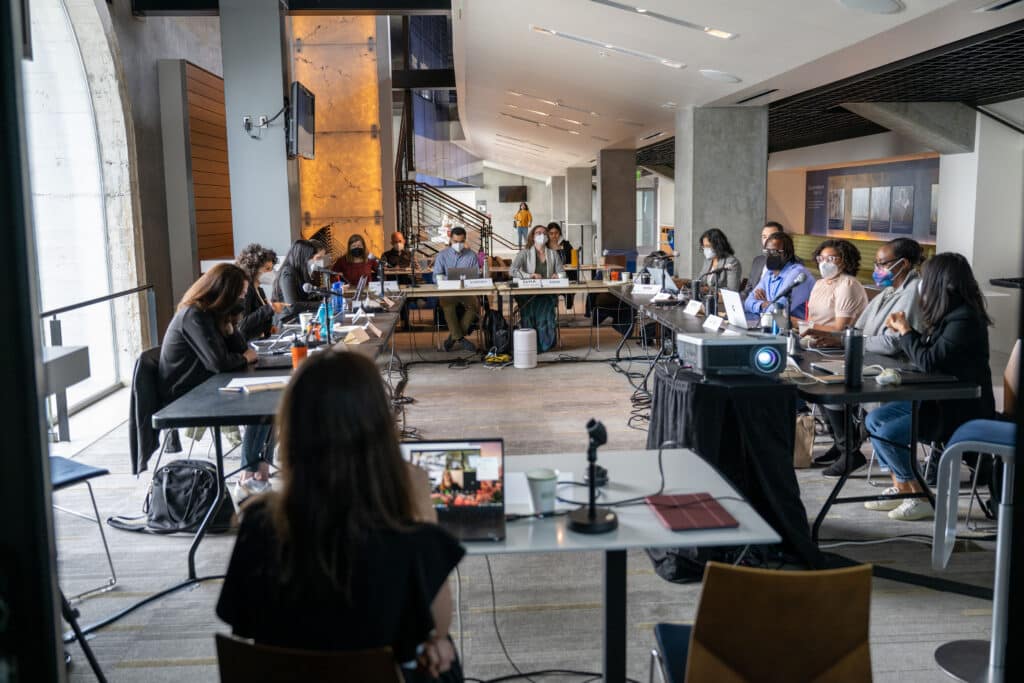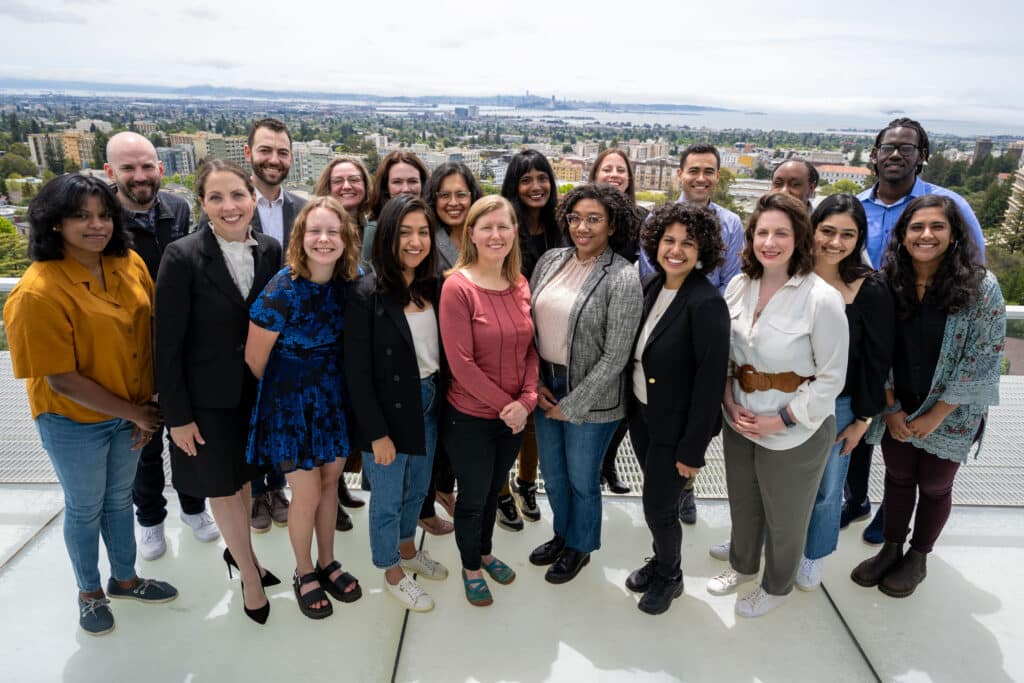
Creating Pathways for a Diverse Climate Policy Workforce
By Mai Sistla
Mai Sistla is the Deputy Director of the Aspen Institute’s Tech Policy Hub. She helped lead the inaugural class of the Aspen Climate Cohort, a ten-week joint initiative between the Hub and Aspen’s Energy and Environment program that trains engineers, scientists, technologists, and business experts who already understand climate on how to better apply their ideas to policy.
Despite the well-known reality that climate change disproportionately impacts communities of color, both the climate and policy spaces are dominated by affluent, White men. Only one-quarter of leaders at environmental NGOs identify as people of color, and just one-quarter of clean energy workers identify as female.
At the same time, only 11% of top-level Senate staff are people of color, and one-third of both top-level House staff and think tank employees are women. It is perhaps because of this lack of diversity in climate and policy that environmental justice has largely been ignored in climate discussions.
It is for this reason that my organization, the Aspen Tech Policy Hub — which has historically specialized in training technologists on policy — decided to help broaden the pool of climate policy experts.
With our colleagues at the Aspen Institute’s Energy and Environment program, we launched a ten-week, full-time program that trains climate experts — e.g., scientists, engineers, and start-up founders — on the policy process. We wanted to provide a pathway for climate experts to learn more about, and effectively impact, climate policy. We just wrapped this inaugural Climate Cohort, which ran from June to August of this year.

We were cognizant about building a diverse inaugural class. We made sure to set guidelines in our speakers, by following our already-instituted rule of never hosting a “manel” (all-male panel) or “wanel” (all-White panel).
Over the ten weeks, we provided training on skills useful in policy settings. We led sessions on stakeholder mapping, advocacy, and policy writing. Fellows also worked with government stakeholders to pitch solutions to current climate policy issues. In this way, we hoped to provide a two-way service: not only were our fellows able to learn from our government speakers and stakeholders, but our government speakers were also able to tap into a brain trust of diverse, technical climate expertise.
A significant portion of our fellows’ experience is dedicated to working on a policy project of their choosing. Fellows identify a climate policy problem, research the problem, develop a solution, and advocate for their solution to the relevant stakeholders.
Though there were very few restrictions on what the fellows could work on, over half of the chosen projects explicitly focus on reducing racial disparities in access to climate mitigation measures and jobs; the rest focus on climate adaptation and mitigation initiatives that will ultimately support historically marginalized communities as well.

As this program has wrapped, we’re thinking about how to expand this type of policy training beyond our fellows. In the future, we hope to expand our programming to serve more, and more diverse, groups of people.
We know that this fellowship program is just a small drop in the bucket to creating a more just climate future. But by training more individuals on how they can impact policy, we hope that future climate policy decision makers are more representative of our nation.

Learn more about the Aspen Climate Cohort by visiting aspentechpolicyhub.org/climate.